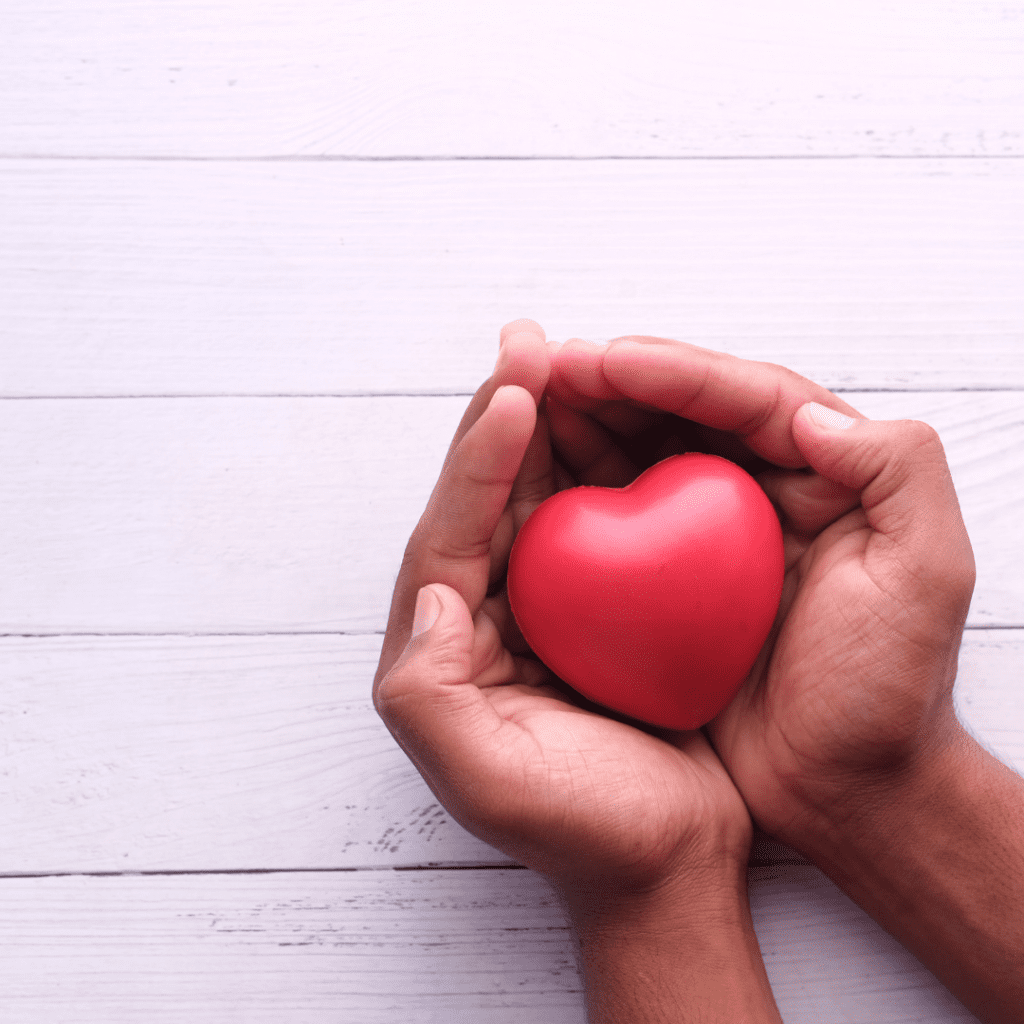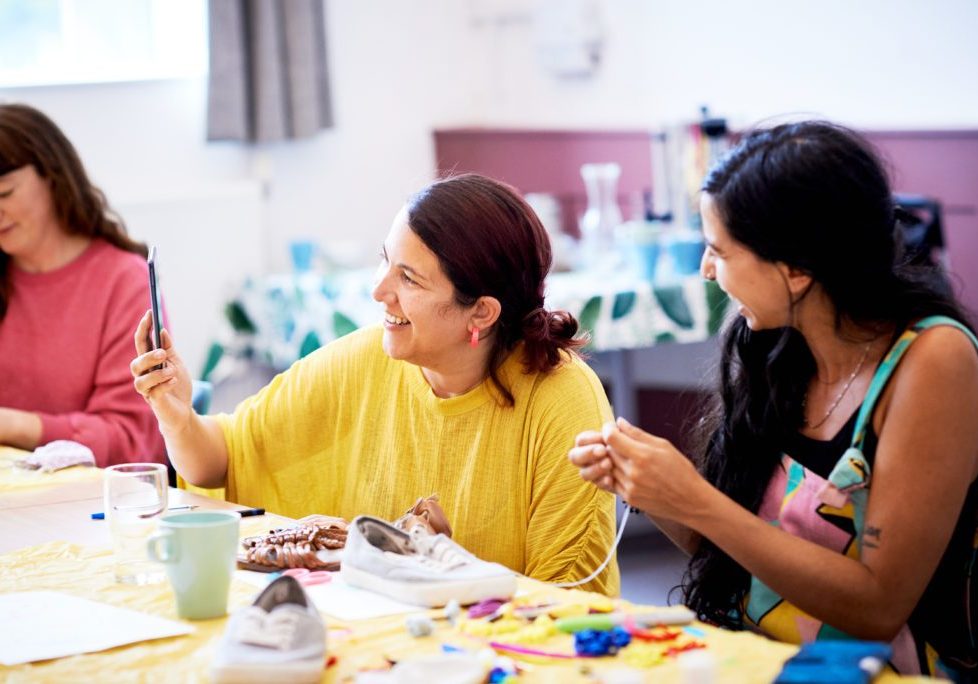
Trauma
Trauma can be the event and the way it makes us feel after the event.
What is trauma?
When we experience or see someone else experience a stressful, frightening or distressing event that is trauma. Trauma can be the event and the way it makes us feel after the event.
When a person has experienced a shocking, unexpected or traumatic incident they might have emotional and physical shock that may last for a long time after the trauma. These reactions are normal, but will be very unique, personal and individual.
Here are some reactions that people can experience after a trauma:
Physical
- tension in the muscles
- tiredness & exhaustion
- little desire to do anything
- hyperactivity
- headaches
- increased, rapid heartbeat
- other physical pains
Emotional
- feelings of hopelessness
- guilt
- depression
- anxiety
- moodiness
- panic attacks
- nightmares
- loss in self-confidence or concentration
Behavioural
- increased smoking and/or drinking
- workaholism, or not turning up to work
- personal neglect
- nail biting
- impulsiveness
- twitches, tapping fingers, etc.
- changes in eating patterns
Trauma can affect how you feel about yourself and even how you feel about the world. It’s important to remember that trauma reactions are normal, they are not your fault, and there are things that can help.
For more information about how we react to trauma and some of the things that can help, have a look at our self-help guide.
The latest from our news and blogs

Making Waves: building confidence and connection on the water
Earlier this year, we partnered with All-Aboard Watersports – a charity that helps people access watersports in the heart of Bristol Harbour. Together, we ran a weekly group for eight survivors currently waiting for support with SARSAS.












